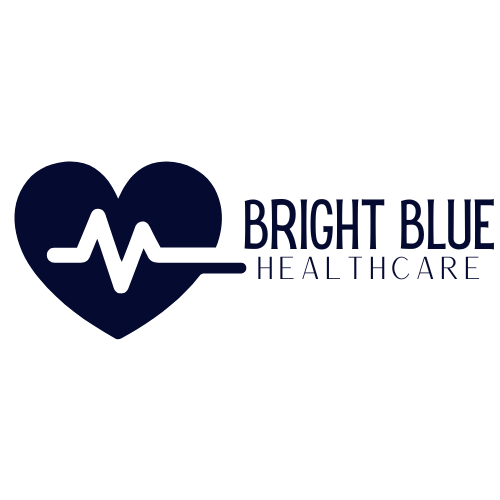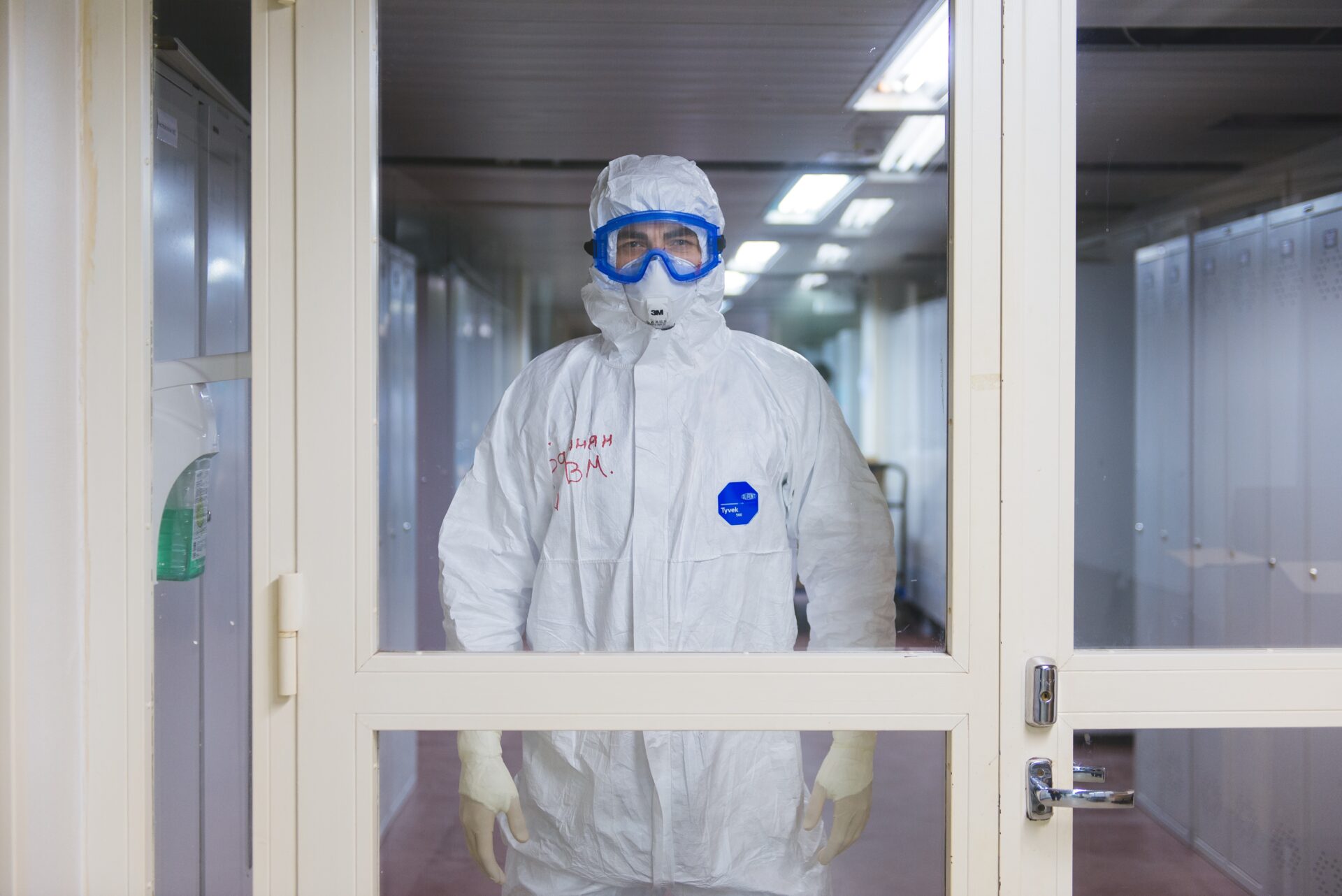Introduction
How we think about health and managing health has changed dramatically over the past few years. The healthcare system is changing, and so is how we treat patients. The tools we use to diagnose, treat and manage a condition are becoming more advanced; however, our approach to healthcare has not changed much since its inception.
But because of COVID, this is about to change. The healthcare industry has been slow to adopt new technologies because of the high cost and complexity of implementing them. But with the rise of telemedicine, artificial intelligence, machine learning, and blockchain technology, the way we think about health is changing rapidly.
Telemedicine is here to stay.
The advent of telemedicine has changed the way people think about healthcare. Telemedicine is a way to provide healthcare remotely using technology. It’s been around for a long time but has become more common recently. Nowadays, you can use your phone to get medical treatment, even at home or out of town.
Telemedicine allows remote providers and patients to communicate with each other through video conferencing or an online chat service like Skype or WhatsApp (or even just plain old email). They might show each other test results or x-rays; for example, they could also talk about what treatment options might be available in their area. This gives patients more control over their care—they don’t necessarily need a referral from their doctor before going this route!
Aspects of healthcare have become more centralized and streamlined.
COVID has made it easier to share information. As more data is collected and shared, the data is more accurate, precise, and timely. In addition, the data is accessible by a wider set of users within and outside the organization.
This trend towards centralization has also led to greater reliability in healthcare delivery systems. This means that people are getting better care because providers can access more accurate information about their patient’s health status anytime.
It will be difficult to determine what is safe.
You may have heard the term “safe” used when describing a drug or medical device. This can be confusing because we do not always know what is safe, even if a regulatory agency has approved it. We only know that something is unsafe if it causes harm to patients.
In the past, clinical researchers used their observations and knowledge of human biology to determine whether or not a drug was safe for humans. New medicines were tried on carefully selected groups of patients until enough data was collected about safety and effectiveness for approval by regulatory agencies like the FDA in America or EMA in Europe. However, this process often took more than ten years from start to finish!
Many healthcare workers are experiencing burnout.
One of healthcare workers’ main challenges is burnout—a state of physical and mental exhaustion caused by overexertion at work or by feeling overburdened by responsibilities. Burnout is extremely common for those who work long hours with little downtime or breaks from their jobs. This can lead to depression or anxiety disorders, which can compound the problem by making it harder for people to focus on their work and care for themselves properly (which creates more stress).
To combat this issue, employers need to provide support services such as counseling programs so that employees can cope with these changes without feeling like they’re alone in their struggles or without getting fired due to poor performance due to stress-related problems (which could happen if employers don’t offer these kinds of services).
Conclusion
Ultimately, COVID has changed healthcare in many ways that we will continue to see well after the pandemic. It has brought people together, made them more connected, and made it easier for people to access the needed services. We can also expect some negative consequences, such as burnout among healthcare workers unprepared for how long this crisis would last. It is clear that COVID has transformed the healthcare industry, and we should expect to see some of these changes continue long after the pandemic.




